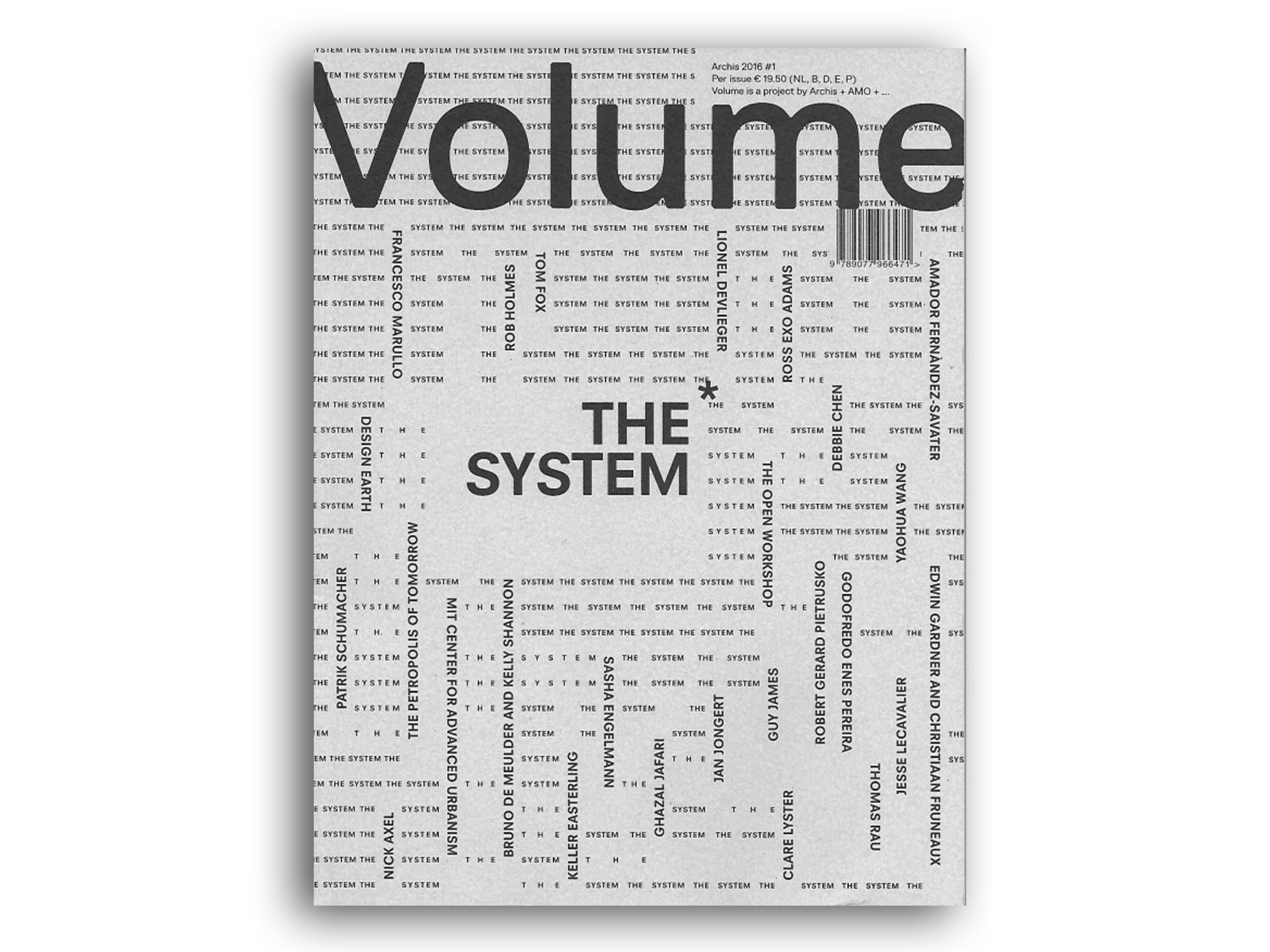Excerpt:
“In the context of South America, resource extraction and its associated logistical infrastructures have played a central role in organizing territory. In many cases, the framework that these infrastructures have inscribed on the land have been appropriated by future developments and even turned into cities. As posited by Felipe Correa, “the metrics of the oil camp have become the template for a new type of postoil city, one that is a direct byproduct of the oil extraction process itself.” This eventual second production is arguably contingent upon the permanence of the infrastructures and the territories they established – the logic of one system inadvertently formed the template for a future system of development. What if the design and organization of logistical infrastructures anticipated their presumable second production? This becomes a critical question when considering that the physical artifacts and infrastructures of extraction – offshore rigs, jack pumps, pipelines, tank storage farms, refineries, transfer ports, etc. – will long outlive the resources they are exhausting.
While the current lifespan of the global oil industry is estimated to be between forty and fifty-three years, geographically specific infrastructures will be used for a fraction of that time, as in the Brazilian context where this estimate drops to approximately twenty-five years. The most recent wave of extraction over the past ten years has been the most technologically advanced – reaching horizontally into distant geographies and vertically to enormous depths – and has made this final push for resources a costly venture. Yet despite this, new infrastructures are being deployed at a faster and faster rate in service of this limited resource. Recognizing the sheer amount of infrastructure that is estimated to be constructed and the limited duration of its use, we must question how these processes and infrastructures could be organized to account for their future production(s) – a production that could comprise of a more holistic set of cultural, political, ecological, and economic factors. This could position extraction infrastructures as a proactive and progressive framework for new urban organizations.”
